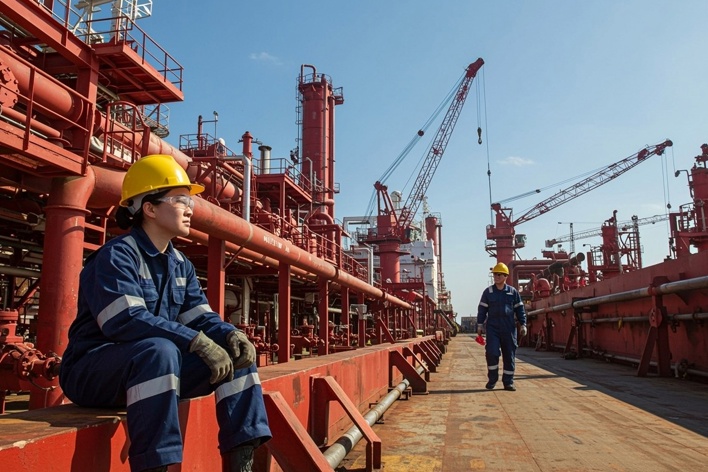
Alternative fuels
At PBT, we are committed to supporting the transition to cleaner energy in the shipping industry. Staying at the forefront of innovation, we actively monitor advancements in alternative fuel solutions to help our clients test, evaluate, and implement sustainable options that align with regulatory demands and environmental goals. Our expertise ensures you are well-prepared for the future of maritime energy.
Here are some of the key alternative fuels we focus on:
Biofuels
Derived from renewable organic sources, biofuels offer a lower-carbon alternative to traditional marine fuels. They are compatible with existing engines, making them a practical choice for reducing emissions without significant modifications to vessels.
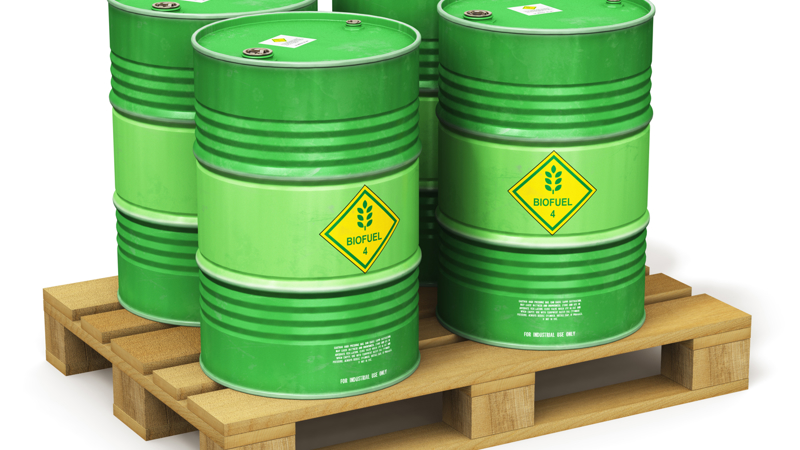
Methanol Fuel
Methanol is an increasingly popular fuel option due to its ability to reduce sulfur oxides, nitrogen oxides, and particulate matter emissions. It is a cleaner-burning fuel that supports the shipping industry's decarbonization efforts.
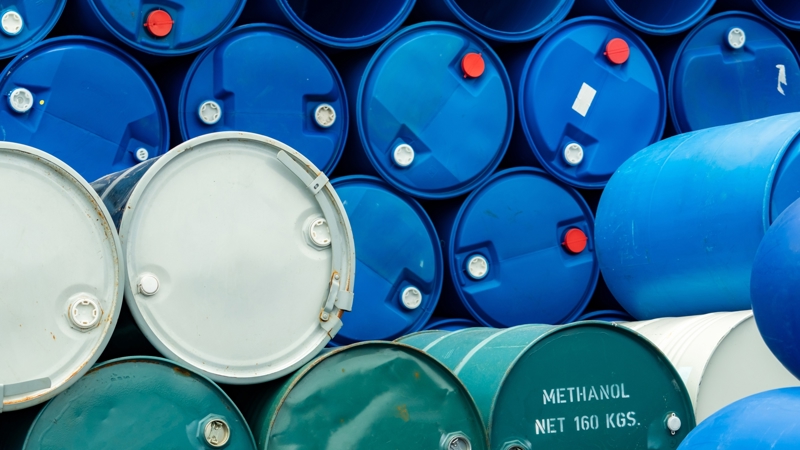
LNG
LNG has emerged as a transitional fuel, offering substantial reductions in greenhouse gas emissions compared to conventional marine fuels. Its widespread availability and infrastructure make it a viable option for modern fleets.

Ammonia Fuel
Ammonia is a zero-carbon fuel with the potential to revolutionize maritime energy. As development and adoption grow, ammonia offers significant promise for reducing greenhouse gas emissions across the shipping industry.
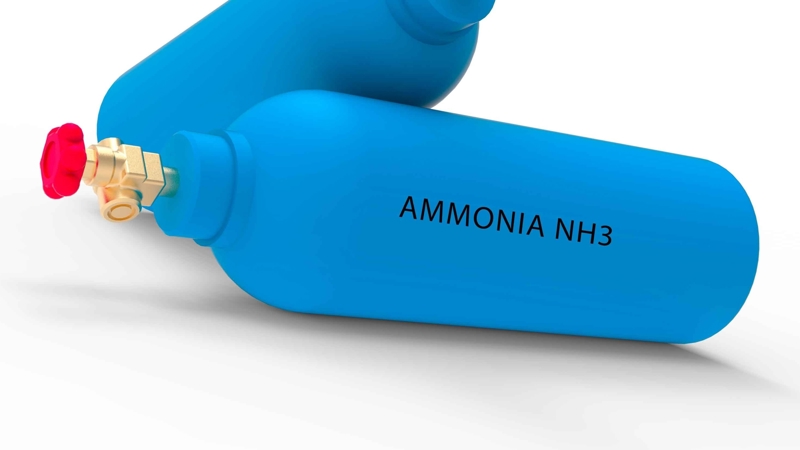
Hydrogen
Hydrogen represents one of the most sustainable energy sources, producing zero emissions when used in fuel cells. While still in its early stages of adoption, hydrogen is a key focus for achieving long-term decarbonization in maritime transport.
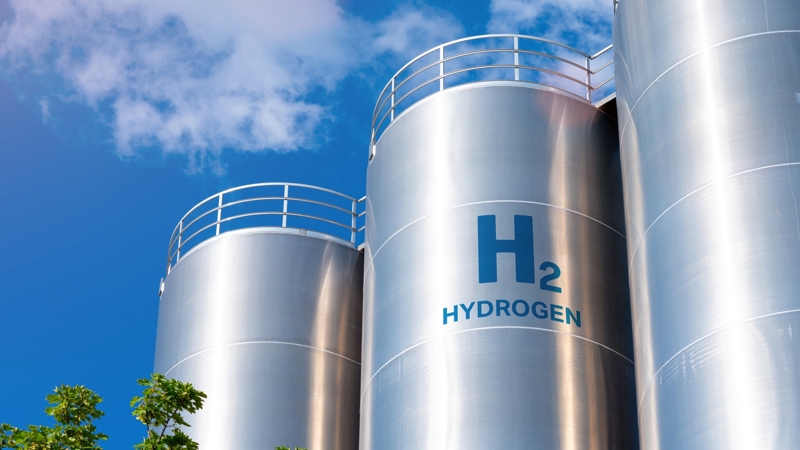
Fuel price updates: Three times a week.
Subscribe to keep you ahead!